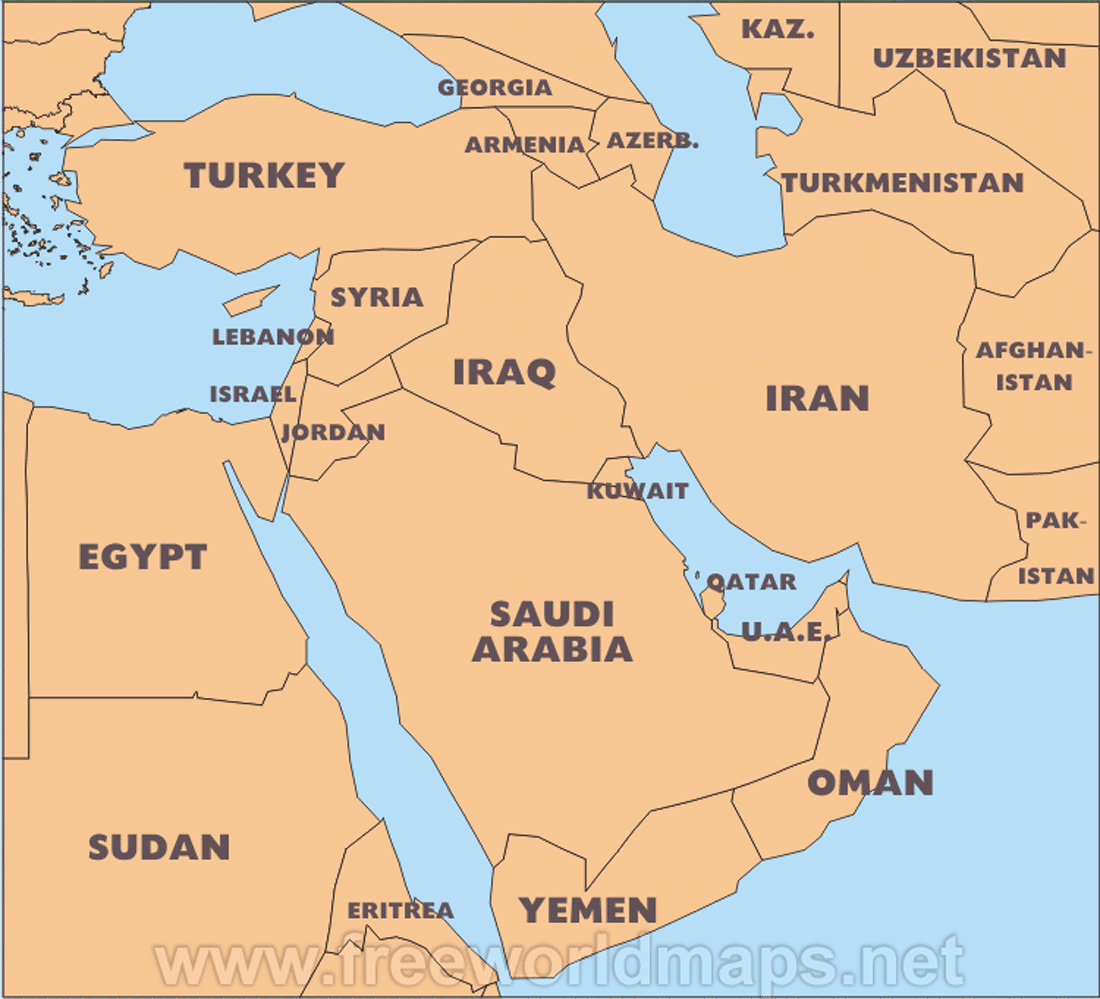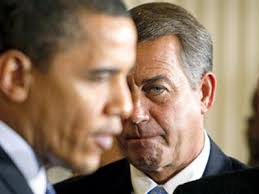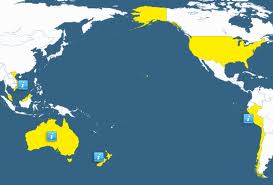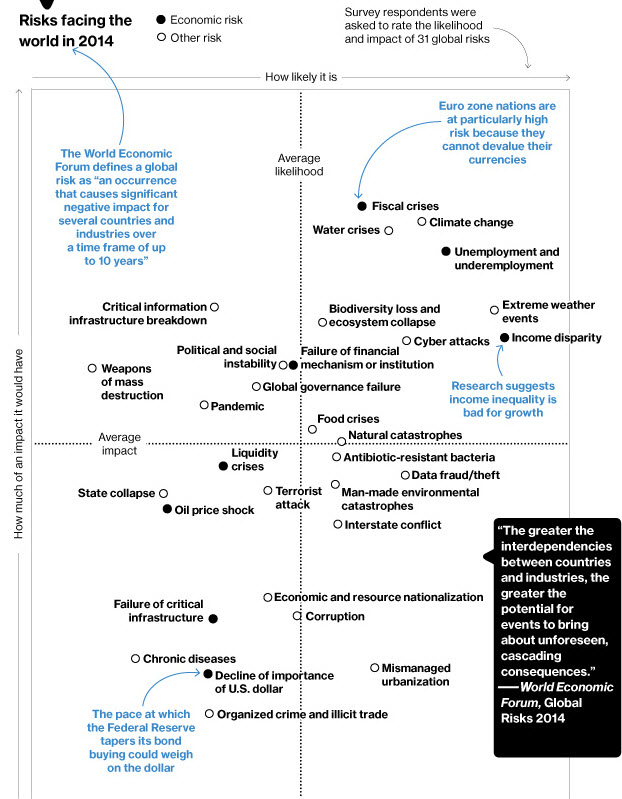Attempts Afoot to Get Money Out of Politics
In early February a bill was introduced in the House of Representatives that seeks to drive big money donors — and the influence that they buy — out of politics with a scheme of small dollar contributions amplified by matching funds. As a measure of just how out of balance campaign funding has become, the top 32 donors to Super PACs in 2012 equaled the gifts of over 3.7 million Americans by their spending as much money as every small donation to Obama and Romney combined. The hope is to upend the oligarchy of a Congress dependent for re-election on monied interests and to return especially the House to James Madison’s vision in Federalist 52 of a representative democracy “dependent on the people alone”.
Named the Government by the People Act and authored by Democratic Representative John Sarbanes of Maryland, it has a sizable list of some 130 sponsors and claims the support of over 30 organizations including Dêmos, Common Cause, U.S. Public Interest Research Group (PIRG), Sierra Club, and the Brennan Center for Justice.
For candidates who agree to participate:
![]() The bill would create a fund from which to match contributions of up to $150 at a 6-to-1 ratio.
The bill would create a fund from which to match contributions of up to $150 at a 6-to-1 ratio.
![]() The fund would have to come from eliminating unspecified tax loopholes.
The fund would have to come from eliminating unspecified tax loopholes.
![]() To be eligible for matching funds, candidates would have to agree to a limit on large donations and would have to show constituent support by attracting on their own a starter base of 1,000 contributors totaling at least $50,000.
To be eligible for matching funds, candidates would have to agree to a limit on large donations and would have to show constituent support by attracting on their own a starter base of 1,000 contributors totaling at least $50,000.
![]() Taxpayers would be given a $25 refundable tax credit to encourage them to contribute.
Taxpayers would be given a $25 refundable tax credit to encourage them to contribute.
![]() In the final 60 days before an election, matching funds would rise to a 10-to-1 ratio for candidates in high-profile races to fend off the likely onslaught of outside money.
In the final 60 days before an election, matching funds would rise to a 10-to-1 ratio for candidates in high-profile races to fend off the likely onslaught of outside money.
In the 2009-10 session of Congress, Senators Dick Durbin (D-Il) and Arlen Specter (D-Pa) sponsored the Fair Elections Now Act. A companion bill was introduced in the House. These bills had terms similar to the Government by the People Act but neither made it out of committee. But Durbin has resurrected Fair Elections Now as the Senate counterpart to Government by the People. The two are joined at this website.
One might think that politicians would avidly wish to be rid of the burden of having to spend at least half of their time raising money for re-election by talking to wealthy donors who expect them to vote as told on particular legislation. Under a small contribution structure, that headache and the embarrassment of continuously and personally having to ask for money would be replaced by the more hands-off process of campaigning for donations mostly over the Internet. Three states have small dollar programs — Arizona, Connecticut and Maine. Proof enough of their appeal is that in Connecticut, 78% of elected representatives signed on to the small dollar alternative the moment it passed in the state legislature.
Nevertheless, all the backers of the Government by the People Act are House Democrats and organizations labeled “progressive”.
There’s a not so hidden agenda for why many members of Congress want the present system of money raising to continue. They view Capitol Hill as merely a farm league for K Street — lobbyist row — as Congressman Jim Cooper (D-Tn) notably said. Lawrence Lessig, a Harvard professor and lawyer, tells us in this TED talk heard by over a million people that 50% of those in the Senate and 42% of those in the House who became alumni between 1998 and 2004 took lobbying jobs. Were its members to go the small dollar contribution route, the lobbyists for the big money interests of industry would lose their clout and begin to disappear because the members of Congress would no longer rely on their clients’ money. Thus reduced in effectiveness, lobbying would no longer pay anywhere near as well. Those lush jobs — jobs that that members are counting on after Congress — would no longer await.
Lessig tells the story of Al Gore sending an aide to Congress to float the idea of deregulating part of the telecommunications industry. Said one Congress member to the aide, “Hell no. If we deregulate these guys, how are we going to raise money from them”. That explains why so many laws have sunset clauses. Their looming expiration equips members of Congress to raise money all over again from affected donors to get the laws renewed.
Given such daunting prospects, how do Sarbanes and Durbin hope to get the statute passed? Unless the groups we listed raise massive public support, forcing Congress members to vote for it else admit they are captives of big money, the bill will never get out of committee in the Republican-controlled House. The organizations we listed above as supporters are key to drumming up a grass roots outcry for the passage of such a bill. Perhaps it is too soon to judge, but a tour of their websites shows that they seem more preoccupied with their own business as usual. At this writing, none of them carry promotion of the Sarbanes bill on their home page, and use of their search mechanism was needed to find what was usually only a short press release that did not even explain the mechanics of how the small contribution program would work.
the long road
Many believe a constitutional amendment that restricts the financing of political campaigns to people, and which limits how much an individual can contribute, is the only way to stop money from determining the outcome of elections. That path presents its own formidable obstacles. Two thirds of the House and Senate and three-quarters of the state legislatures must sign off for an amendment to pass. The Founders wanted to make it difficult to tamper with their work. Nevertheless, the nation was able to amend the Constitution 17 times (if one doesn’t count the first 10 amendments, the Bill of Rights, that were tacked on en bloc two years after the original document was adopted). In recent times, repairing the often inadequate Constitution has stalled. There’s only been one amendment in over 40 years, and that a modest one limiting congressional pay increases. With polarization, the steep two-thirds barrier that the Constitution’s authors prescribed has made getting Congress to pass an amendment an impossibility.
And so, we are left pondering the question of just how will we be able to rescue the country from our kept Congress and return it to the people.





